Who Were the Druids?
According to Julius Caesar The Druids were:
“concerned with divine worship, the due performance of sacrifices, public and private, and the interpretation of ritual questions: a great number of young men gather about them for the sake of instruction and hold them in great honor. In fact it is they who decide in almost all disputes, public and private; and if any crime has been committed, or murder done, or if there is any dispute about succession or boundaries, they also decide it, determining rewards and penalties…” Gallic War 6,13.
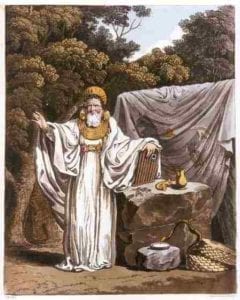
For example, one of the aspects that Classical writers emphasized was the lurid details of sacrifices and the Druids’ role in conducting them. Here is Caesar’s description of the “Wicker Man” used to burn sacrifices alive:
“Others use figures of immense size whose limbs, woven out of twigs, they fill with living men and set on fire, and the men perish in a sheet of flame. They believe that the execution of those who have been caught in the act of theft or robbery or some crime is more pleasing to the immortal gods; but when the supply of such fails they resort to the execution even of the innocent.”
However, Julius Caesar never seems to have personally witnessed such a sacrifice nor spoke to anyone who had directly witnessed such an event. Although there is archaeological evidence to support Celtic executions of criminals, there is none that verifies this type of ritual sacrifice. We need some physical evidence in the form of piles of burnt and scorched bones, otherwise there remains a suspicion that this may be an exaggeration or mere propaganda about the “barbarians“.
Caesar further described the Druids as a inter-tribal brotherhood, and that the annually met in some sacred location in Gaul where they discussed important issues and elected a Chief Druid. Although they were exempted from military service, it seems they were not above some conflicts, as there is some mention of disputed elections breaking down into fighting among themselves.
Classical writings refer to the Druids being in Britain and Gaul, but not other areas of continental Europe. Caesar claimed that Druidic novices were sent from Gaul to Britain for the best training, and some scholars speculate that Druidism may have originated in the British Isles and spread from there. Caesar’s description of the training involved as much as twenty years of study, memorizing a huge number of verses, laws, histories and other traditions. Therefore the picture we often have of Druids as elders with gray beards is probably misleading, as the order must have included younger novices and “journeymen” who were still in the process of learning.
Whatever the truth, it is clear the Druids were obviously an influential part of the societies in Celtic Britain and Gaul. The writer Strabo claimed “The Gauls consider the Druids the most just of people and so are entrusted with judging both public and private disputes. In the past, they even stopped battles which were about to begin and brought an end to wars.” One of the details that personally makes me wish we had more information is the claim that “the Druids are the judges on all controversies public and private” and how that sometimes may have come in conflict with the decisions or desires of the tribal chiefs, or kings…
For a collection of other historic quotes regarding the Druids see this page.
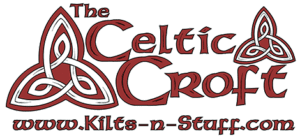
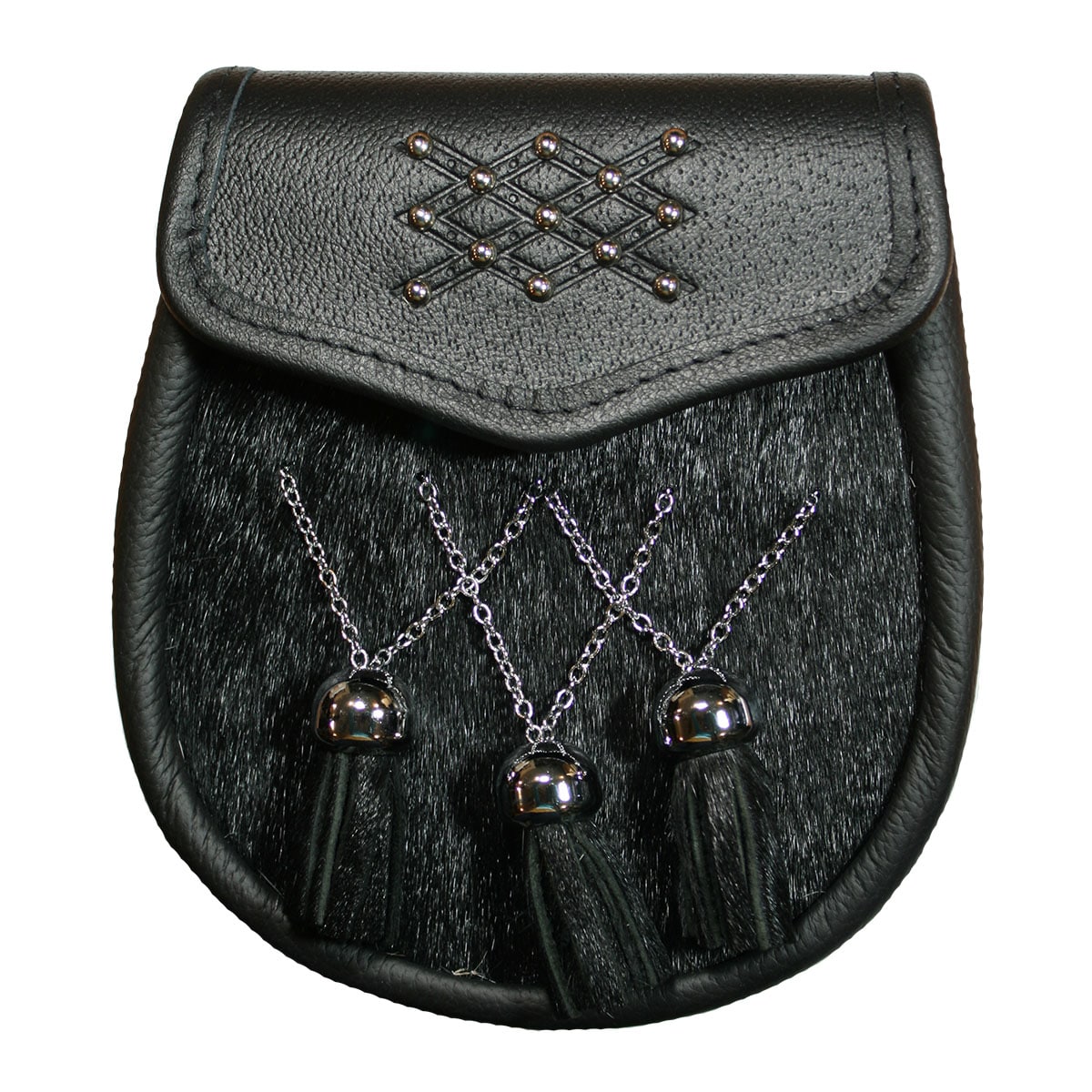
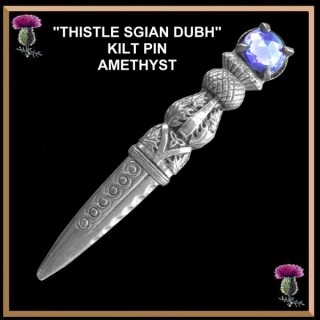
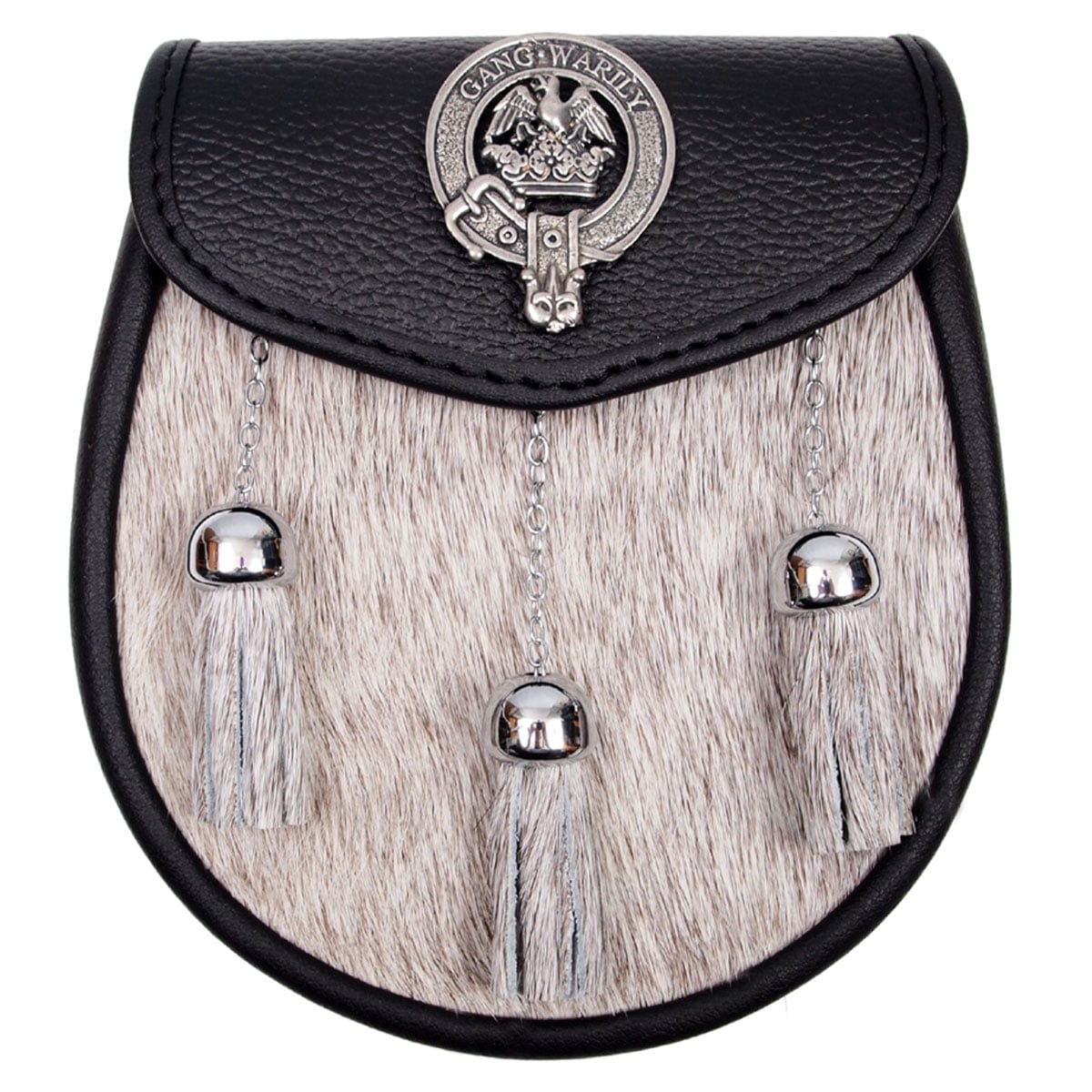
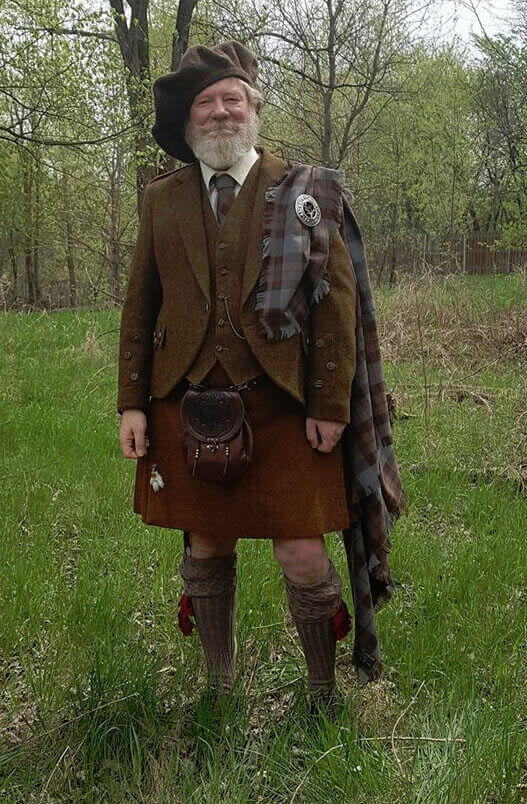
1 Comment. Leave new
Than You for the article.